BOSCHI VIVI
Anselma and Giacomo Marchiori are land planners, while Riccardo Prosperi and Camilla Novelli have an educational background in law and landscape design respectively. After ReStartApp, Anselma attended a doctorate course at the Doctorate School of the IUAV University in Venice, with her final dissertation, in 2019, being titled: “Cemetery services as an opportunity to improve quality of life”. “To find out more about turning our idea into reality, we went to Germany, a country where the practice of burying ashes in woods is well regulated and has been popular for years – explains Anselma – On German soil, we were able to gain a more substantial understanding of how this type of enterprises work, the critical issues they have to deal with, the various forest management techniques that can be used, and the possible partnerships among the various parties involved, ranging from public bodies to the forestry enterprises that are called to carry out the works required in order to ensure that the woods are adequately organised”.
When, using the €30 thousand of the ReStartApp prize, Boschi Vivi purchased them, the woods in Martina d’Olba had not been undergoing any maintenance since 1996. “Innovation, therefore, lies not only in the type of cemetery services we are offering, but also in the fact that we have chosen an economic model allowing to use the revenues deriving from renting a tree (for a time period ranging between 20 and 40 years) for the management and maintenance of the woods – underlines Anselma Lovens –, which are open to the users community”. Every local authority in Italy should be giving its citizens the opportunity to choose an alternative to the cemetery, and define an area where ashes can be buried, Few have done so after the 2001 Law was passed. The Urbe Municipality was one of them, and did so by signing an agreement with Boschi Vivi.
The project is a response to the environmental problems that have arisen after the Apennines were gradually abandoned, and the subsequent hydrogeological instability. “This is an example of circular economy, a term we normally associate with waste management, the regeneration and reuse of materials – adds Anselma – Managing a wood, in the long term, implies considerable costs and since forests in Italy are no longer profitable and maintenance is expensive, they are often abandoned. However, the Apennine woods are the result of an age-old interaction between man and nature and represent a heritage and a wealth that can only be preserved if well looked after”.
Defining an area where ashes can be buried
Boschi Vivi’s business is regulated by Italian Law No. 130 of 30 March 2001: including provisions for cremation and the scattering of ashes. Pursuant to this law, the scattering of ashes, respecting the wishes of the deceased, is permitted only in areas specifically designated for this purpose within cemeteries, in nature, or in private areas; scattering in private areas has to occur outdoors and with the consent of the property owners.
“The best way to express the will of the deceased – explain the members of Boschi Vivi – is via a holographic document (a will or another declaration handwritten and signed by the testator, with no need for any notarial assistance). In addition to the wish to have one’s ashes scattered, everyone can also express a preference on where they want them scattered. The testator also designates an executor, who will perform the ash scattering ritual. A form can be found on our website www.boschivivi.it that can be used to clearly and appropriately express one’s wish to have their ashes scattered.
